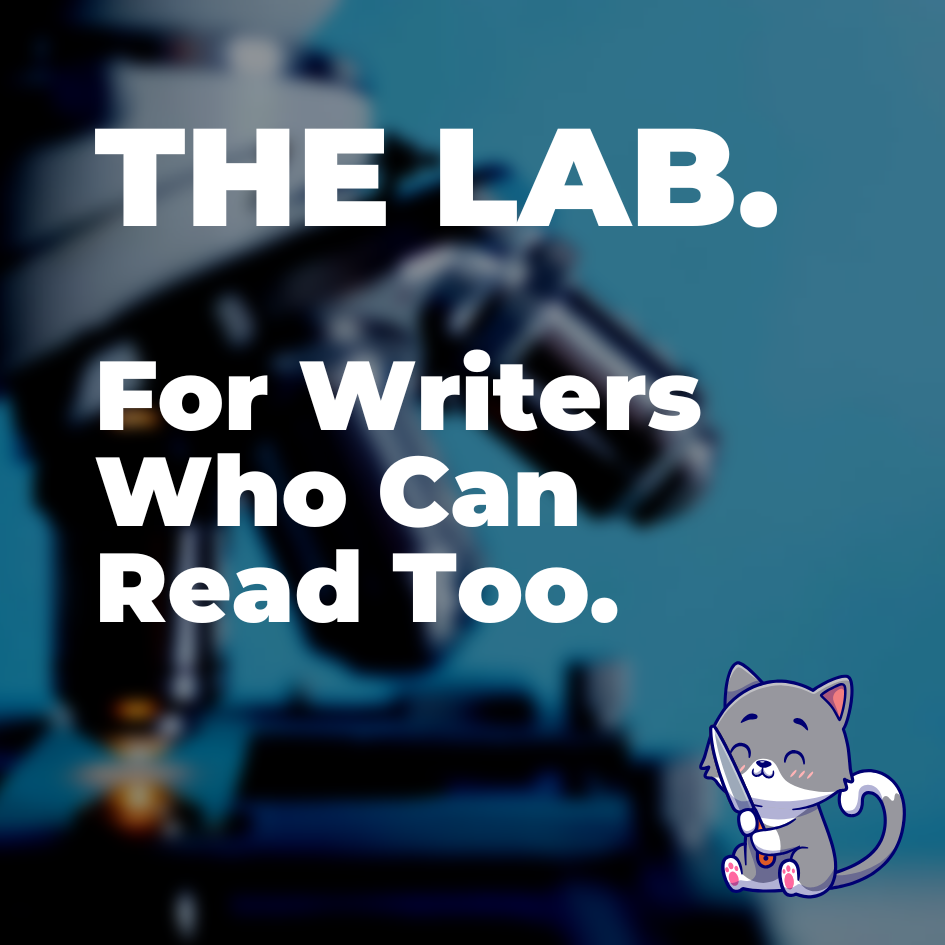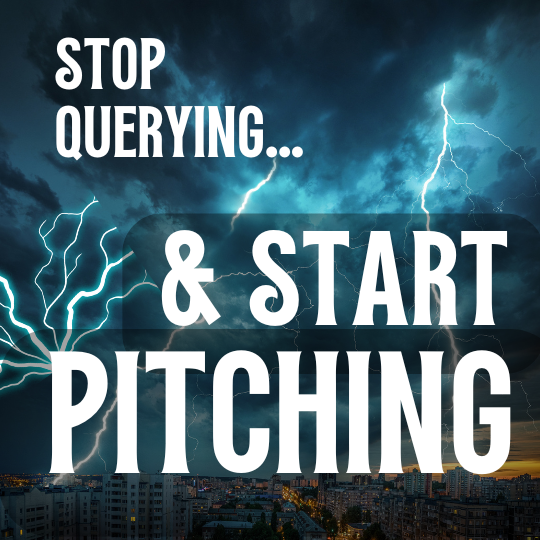Paul Whybrow
Full Member
In an interview that originally appeared in the Guardian, George Saunders, author of Lincoln In The Bardo explains how he edits his writing:
Flipboard on Flipboard
With the experimental form of Lincoln In The Bardo I imagine that he did hundreds of rewrites of its 340 pages; to give you some idea of the complexity of the narrative, the audiobook version uses 166 readers—including Hollywood stars Julianne Moore, Ben Stiller, Lena Dunham, and Don Cheadle.
I like what Saunders says about respecting the reader, an attitude that I explored in an old thread. Saunders uses a computer to write his manuscripts, which must have made things easier with his successful novel:
"I write in Word. I loved WordPerfect but then the Word juggernaut rolled right over the poor little guy. This computer is given to me by my university and the default word-processing program is Word – so there you go. The only thing I ever write longhand anymore are notebook entries. And even then I usually end up typing them into a file. I have really horrible handwriting. I print out every day so there's no danger of losing anything. And lots of times, in retrospect, it might have been better if I had lost something."
(From: George Saunders: My desktop )
These days, with the ease of altering a manuscript that a computer gives us, I sometimes wonder about what the definition of a new draft really is....In the old laborious days of writing everything in longhand, and even in the less flexible method of using a typewriter, different drafts were readily distinguishable by their altered layout. On my laptop, I can change the order events happen in a chapter with three section breaks in seconds—does that make it a new draft? Or, does a draft only exist when someone else, someone important like a literary agent, claps their eyes on it? Up until then, your story is a tree falling in the forest that no one hears.
With my WIP, I've tried a different way of editing, by staying in one or two chapters for several days. This has permitted me to finesse the descriptions, while worrying that such tinkering around may be gilding the lily. I like this way of working, in that it's encouraged me to consider the frame of mind of my characters at that particular moment, which might make their actions more believable.
How do you edit....is it a daily chore, or weekly?
Do you do regular trawls through all you've written so far, perhaps using the Word Search function to find repeated words?
Are you content to leave the editing until you've completed the writing? I did that with my first novel, which admittedly was way too long at 179,000 words, and spent five months chipping barnacles off the hull of the monstrous leviathan I'd created. This woeful experience motivated me into doing regular editing of the WIP.
Are you fortunate enough to have a trusted reader, who offers helpful suggestions?

Flipboard on Flipboard
With the experimental form of Lincoln In The Bardo I imagine that he did hundreds of rewrites of its 340 pages; to give you some idea of the complexity of the narrative, the audiobook version uses 166 readers—including Hollywood stars Julianne Moore, Ben Stiller, Lena Dunham, and Don Cheadle.
I like what Saunders says about respecting the reader, an attitude that I explored in an old thread. Saunders uses a computer to write his manuscripts, which must have made things easier with his successful novel:
"I write in Word. I loved WordPerfect but then the Word juggernaut rolled right over the poor little guy. This computer is given to me by my university and the default word-processing program is Word – so there you go. The only thing I ever write longhand anymore are notebook entries. And even then I usually end up typing them into a file. I have really horrible handwriting. I print out every day so there's no danger of losing anything. And lots of times, in retrospect, it might have been better if I had lost something."
(From: George Saunders: My desktop )
These days, with the ease of altering a manuscript that a computer gives us, I sometimes wonder about what the definition of a new draft really is....In the old laborious days of writing everything in longhand, and even in the less flexible method of using a typewriter, different drafts were readily distinguishable by their altered layout. On my laptop, I can change the order events happen in a chapter with three section breaks in seconds—does that make it a new draft? Or, does a draft only exist when someone else, someone important like a literary agent, claps their eyes on it? Up until then, your story is a tree falling in the forest that no one hears.
With my WIP, I've tried a different way of editing, by staying in one or two chapters for several days. This has permitted me to finesse the descriptions, while worrying that such tinkering around may be gilding the lily. I like this way of working, in that it's encouraged me to consider the frame of mind of my characters at that particular moment, which might make their actions more believable.
How do you edit....is it a daily chore, or weekly?
Do you do regular trawls through all you've written so far, perhaps using the Word Search function to find repeated words?
Are you content to leave the editing until you've completed the writing? I did that with my first novel, which admittedly was way too long at 179,000 words, and spent five months chipping barnacles off the hull of the monstrous leviathan I'd created. This woeful experience motivated me into doing regular editing of the WIP.
Are you fortunate enough to have a trusted reader, who offers helpful suggestions?




